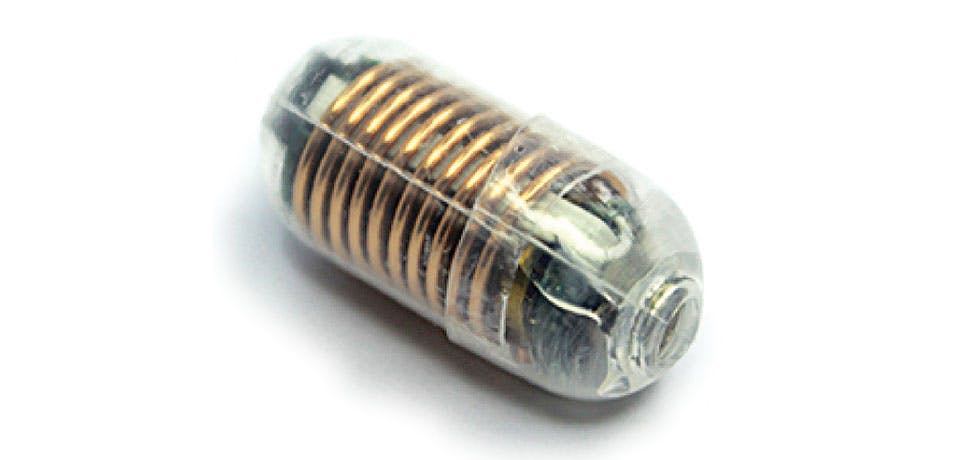The only way we can tell what happens with the gases in our body is to patiently wait for them to come out. That won’t be the case if some inventive scientists have their way. A group of researchers have developed a smart pill that can measure intestinal gases from inside the body.
The work of Professor Kourosh Kalantar-zadeh from the Centre for Advanced Electronics and Sensors at RMIT and his team of scientists, highlighted in the journal Gastroenterology, is being used to provide a better understanding of what happens inside the gut.
Like a standard pill, the smart device from the Australian research team is swallowable and works its way to the intestines of the taker. This high-tech pill isn’t trying to create a reaction inside the body, but instead is aiming to measure what happens in it, similar to the swallowable health tracker built by the Massachusetts Institute of Technology last year.
To get an idea of what’s going on, the pill is packed with a variety of sensors, given it the ability to measure hydrogen, carbon dioxide, and methane. The pill produces an update of its measurements every five minutes, sending the information to a connected smartphone.
Eventually, a camera-equipped version of the pill could be used to provide real-time imaging from inside the human body as well.
Researchers already ran successful tests of the invention in two groups of pigs, which provide an ideal simulation thanks to a digestive system that is very similar to that of humans. The trials were done on sets of pigs on high and low-fiber diets, and the pill generated information that counteracts some common wisdom.
The scientists found the low fiber diet produced four times more hydrogen in the small intestine than its high fiber counterpart. This was an unexpected result; hydrogen is produced through fermentation, so the expectation was more fiber would produce more fermented gas.
Additional research also showed that ratio of carbon dioxide and methane gases were essentially unchanged for both diets, suggesting that neither would be an ideal choice for for people suffering from irritable bowel syndrome or other related diseases.
There is undoubtably still much to learn about the human body, and being able to take measurements from directly inside of it could shed important new light on how the body works. But is all of that just a really fancy way of saying these scientists built a fart detector? Yeah, pretty much.
H/T ScienceNews | Photo via Leonardo Aguiar/Flickr (CC BY 2.0)



